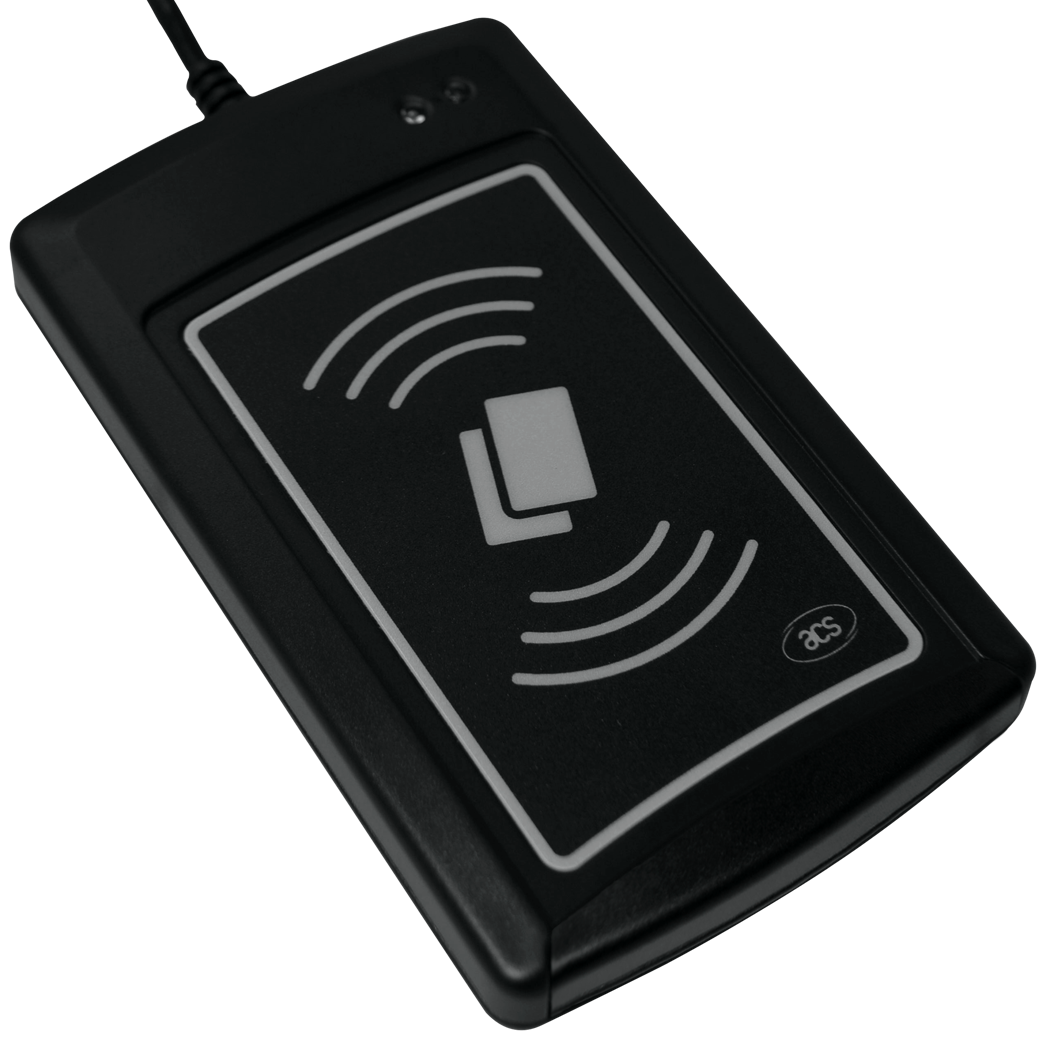
14
UUIDv4 vs. Other UUID Versions: Which One Should You Use?
This guide compares UUIDv4 with other UUID versions, including UUIDv1, UUIDv3, and UUIDv5. It explores their generation methods, benefits, and use cases to help you determine which version best suits your needs. Understanding the differences between UUID versions can enhance your data management and software development practices.
In the realm of software development and data management, Universally Unique Identifiers (UUIDs) play a crucial role in ensuring that every entity is distinct and traceable. Among the various versions of UUIDs, UUIDv4 stands out for its simplicity and robustness. However, other versions like UUIDv1, UUIDv3, and UUIDv5 also offer unique features and benefits. This comprehensive guide compares UUIDv4 with other UUID versions to help you determine which one best suits your needs.
What is a UUID?
A UUID is a 128-bit identifier used to uniquely identify information in computer systems. It is represented as a string of 32 hexadecimal characters, divided into five groups separated by hyphens. The format ensures that each UUID is unique, even across different systems and environments.
Overview of UUID Versions
- UUIDv1:
- Generation Method: Based on the current timestamp and the MAC address of the generating machine.
- Pros: Provides a high degree of uniqueness and traceability.
- Cons: Potential privacy concerns due to the inclusion of the MAC address.
- UUIDv3:
- Generation Method: Uses a namespace and a name, hashed with MD5.
- Pros: Deterministic generation ensures the same input produces the same UUID.
- Cons: MD5 is considered less secure compared to modern hashing algorithms.
- UUIDv4:
- Generation Method: Randomly generated.
- Pros: High degree of randomness and uniqueness, simple to implement.
- Cons: No inherent information about the generating system or timestamp.
- UUIDv5:
- Generation Method: Uses a namespace and a name, hashed with SHA-1.
- Pros: Deterministic generation with a more secure hashing algorithm than UUIDv3.
- Cons: Slightly more complex to implement compared to UUIDv4.
Comparing UUIDv4 with Other Versions
- Uniqueness:
- UUIDv1: High uniqueness due to timestamp and MAC address.
- UUIDv3 & UUIDv5: Deterministic uniqueness based on namespace and name.
- UUIDv4: High randomness ensures uniqueness without relying on external factors.
- Security:
- UUIDv1: Potential privacy issues due to MAC address exposure.
- UUIDv3: Less secure due to MD5 hashing.
- UUIDv5: More secure with SHA-1 hashing.
- UUIDv4: Secure due to random generation, but lacks traceability.
- Traceability:
- UUIDv1: Provides traceability through timestamp and MAC address.
- UUIDv3 & UUIDv5: Traceability through deterministic generation.
- UUIDv4: No inherent traceability, purely random.
- Implementation Complexity:
- UUIDv1: Moderate complexity due to timestamp and MAC address.
- UUIDv3 & UUIDv5: Requires namespace and name, along with hashing.
- UUIDv4: Simple to implement with random number generation.
Use Cases for Each UUID Version
- UUIDv1:
- Best For: Applications requiring traceability and uniqueness, such as distributed databases and logging systems.
- Example: Tracking changes in a version control system.
- UUIDv3:
- Best For: Situations where deterministic UUIDs are needed, such as generating consistent identifiers for the same input.
- Example: Generating unique identifiers for user accounts based on email addresses.
- UUIDv4:
- Best For: General-purpose use where simplicity and high randomness are desired.
- Example: Assigning unique IDs to sessions or transactions in web applications.
- UUIDv5:
- Best For: Applications requiring deterministic UUIDs with enhanced security.
- Example: Creating unique identifiers for resources in a content management system.
Conclusion
Choosing the right UUID version depends on your specific requirements for uniqueness, security, traceability, and implementation complexity. UUIDv4 offers a simple and robust solution for most general-purpose applications, while other versions like UUIDv1, UUIDv3, and UUIDv5 provide additional features for specialized use cases. By understanding the strengths and limitations of each UUID version, you can make an informed decision that best suits your needs.
Contact
Missing something?
Feel free to request missing tools or give some feedback using our contact form.
Contact Us